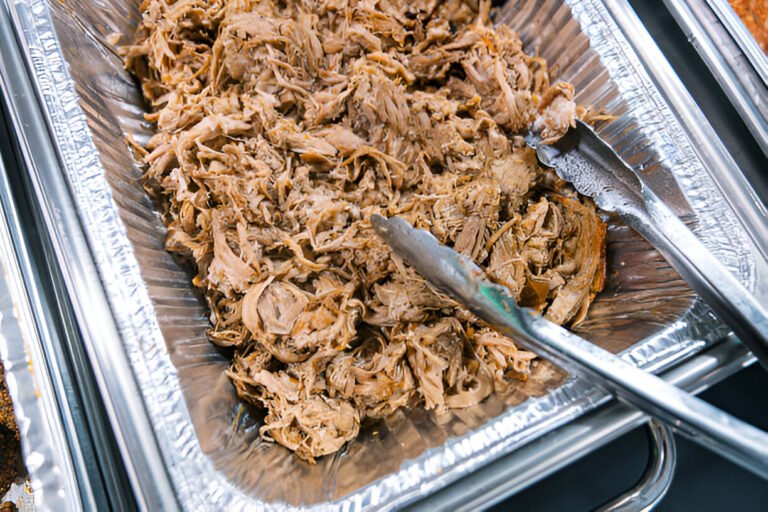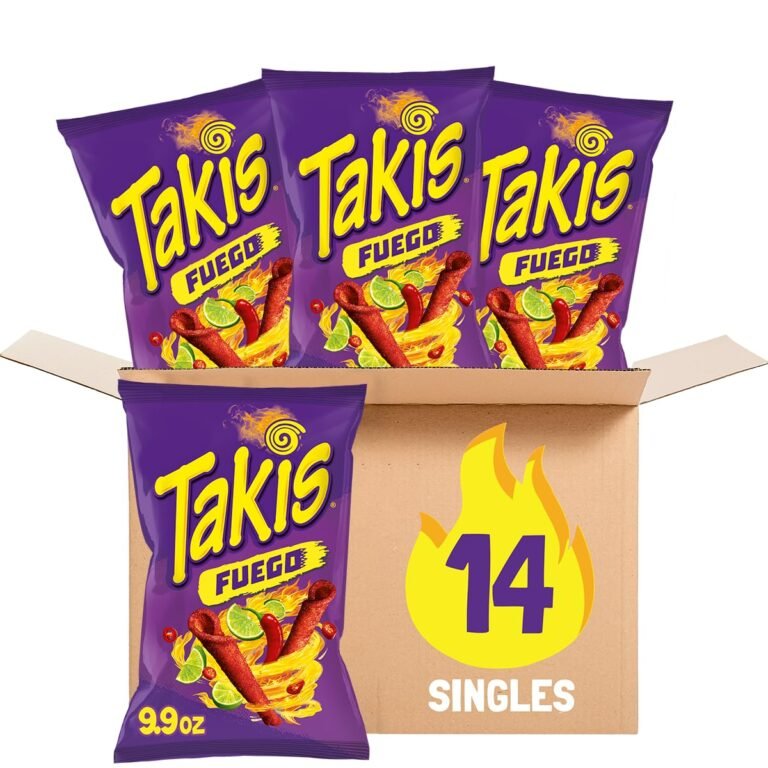Potato Chips vs. Tortilla Chips: What’s the Difference?

Did you know that a typical American family spends about 10% of their yearly income on fast food? Also, around one-third of these families eat fast food every day.
If you are a fast food lover, chances are you’ve tasted potato chips or tortilla chips as a side dish, appetizer, or snack. But which of the two has fewer calories and more health benefits?
We researched and put together a detailed comparison of potato chips and tortilla chips to find the answer. Keep reading.
Tortilla Chips & Potato Chips: Main Differences

Potato chips and tortilla chips both lack health benefits, but they differ in nutrition.
Generally, tortilla chips are the lesser of the two evils. Tortilla chips have fewer calories, less saturated fat, and has around 3% higher calcium content than potato chips.
However, if trans fats are a problem for you, eating potato chips might be a better option.
Tortilla chips are made from corn, while potato chips are made from potatoes. Potato chips cost around $6.40, while tortilla chips cost roughly $5.66.
| Also, check out our Dr Pepper and Root Beer comparison here. |
How They Differ
Nutrition Facts
Sodium
Regular tortilla chips have 38% sodium, less than the average potato chips.
Flavors can change things. For example, onion potato chips, sour cream, salted chips, or diet chips add different tastes. Seasonings and powders can also raise the sodium content.
Calorie Count
On average, a potato chip serving has 15 g more calories than a bag of tortilla chips. The difference can still be higher if compared with non-GMO tortilla chips.
Calories will vary for different tortilla and potato chip flavors. This is because added flavors and ingredients increase the total calorie count.
Protein & Fiber
A potato chip and a tortilla chip offer little to almost no protein and fiber content.
You can get as little as 2 g of protein from a single serving of tortilla and potato chips.
For fiber, there’s hardly any in either option, unless you eat whole wheat tortilla chips.
Fats
A tortilla chip has less saturated fat than a potato chip, but they have ten times more trans fat. It is challenging to expect healthy fats from junk food.
If trans fats are a problem for you, eating potato chips is better. However, be mindful that potato chips have a higher saturated fat content.
Be careful. Many snacks, like high-fat potato chips, can cause heart disease if you eat too much.
Carbohydrates
In one ounce of tortilla chips, you get about 18 grams of carbohydrates. In comparison, a potato chip has around 14 grams.
It is also essential to note that different types of corn are used in tortilla chips. Some corn may add more nutritional value and carbohydrates, but the fat could also be high.
Vitamins & Minerals
There are also fewer vitamins and minerals in both a tortilla chip and a potato chip. Food experts note that corn chips, such as tortilla chips, contain small amounts of B vitamins, potassium, and vitamin C [1].
Calcium
An ounce of potato chips has about 8% of the daily calcium value. In comparison, tortilla chips offer around 11% of that daily value.
It’s not that high, so it’s still better to consume milk if you don’t want to suffer a lack of calcium in your diet.
You may feel guilty if you swap milk for chips instead of getting calcium. This feeling is often called “food guilt” [2].
Main Ingredients
A potato chip and a tortilla chip are labeled as a ‘healthy snack’ despite their large amount of fat. Potatoes are used for potato chips, and corn is used for tortilla chips.
“There really is not a tremendous difference nutritionally between standard potato chips and tortilla chips.”
– Alicia Romano, Media Spokesperson, Academy of Nutrition & Dietetics
Tortilla chips beat potato chips in this ingredient battle. They have fewer calories, making them the healthier choice.
However, note that much of the health benefit is lost during the process of making a tortilla and potato chip.
How It’s Eaten
Eating a potato chip and a tortilla chip is quite the same. The frying process makes potato chips greasy, and the cooking process of tortilla chips makes them brittle.
You can pick up corn chips with your fingers, just like regular chips. Dip them in salsa or enjoy flavored ones, similar to potato chips.
| Also Read: Who Makes The Chips At Jimmy John’s? |
Portion Size
The portion size of potato or corn chips depends on the manufacturer. One serving of potato chips is usually 28g, while one serving of corn chips is usually 32g.
Note that the fat content would also differ depending on the chip size.
Price Point
Potato chips and tortilla chips almost have the same price point. The difference only comes when the brand is considered.
Low-fat chips with fewer calories or those labeled as healthier, like whole wheat chips, may cost more.
Generally, potato chips cost around $6.40, while tortilla chips are roughly $5.66.
| Check out: Where Does Chipotle Get Their Tortillas? Answered |
How Are They Similar?
A potato chip is similar to a tortilla chip because of its color, how it’s eaten, price point, and nutritional value.
Tortilla chips can be healthier since they use corn. However, they usually have similar levels of fat, protein, calories, and carbohydrates.
Most people also love eating a tortilla or potato chip during snack time.
FAQs on Potato Chips vs. Tortilla Chips
Are tortilla chips healthier than potato chips?
A tortilla chip is healthier than a potato chip. It has more vitamin C, vitamin B, dietary fiber, and protein. Plus, it has less potassium and saturated fat. However, it has more trans fat. At the end of the day, it is still considered junk food.
Are corn chips better than potato chips for diabetics?
Yes, corn chips are better for diabetics since starchy foods (a.k.a potatoes used in a potato chip) are broken down into sugars by the body.
Final Thoughts
The tortillas emerge victorious in the battle between potato chips and tortilla chips.
Corn chips are a bit better than potato chips in nutrition. They have similar ingredients and prices, but corn chips edge out slightly.
Don’t eat them too often. Eating too much can cause health issues like obesity, diabetes, fatty liver, and heart disease.
References:
- https://healthyeating.sfgate.com/corn-chips-nutrional-7106.html#
- https://www.health.com/food/stop-food-guilt

Kathy is a restaurateur, artist, and blogger. After spending more than 10 years in the restaurant industry, she has decided to go digital and share her expertise and experience online.






